“The secret of happiness is to live moment by moment and to thank God for what He is sending us every day in His goodness.”
– St. Gianna Beretta Molla
Starting off 2023, CURO members had the opportunity to participate in our Gratitude Gameboard Challenge. For a month, members were tasked with different daily gratitude challenges such as reflecting on quotes, writing letters, and going on an intentional gratitude walk. CURO Member Anna L. described her impression after completing the month-long challenge saying, “I think gratitude and humility might just be a major key to life and health.” Why gratitude? How does practicing daily gratitude affect our overall health in Spirit, Mind, and Body?
Our Catholic tradition proclaims the importance of gratitude in the spiritual life. St. Theresa of Avila wrote, “If souls are humble, they will be moved to give thanks.” We know that when we understand our lives and everything in our lives as gifts from God, we are able to see more clearly. Instead of thinking we must earn love or even simply that we must depend upon ourselves, the lens of humility and gratitude helps us to realize that we are never alone. Everything we have is a gift from a Creator who loves us, and who desires us to be in right relationship with him.
Even the very “source and summit of the Christian life”[1], the Eucharist, means “thanksgiving”. In the celebration of the Sacrament of the Eucharist, we are reminded of Christ’s great sacrifice of love on the Cross, which brought about man’s Salvation. Each Mass when “do this in memory of” Jesus, we “re-remember”—in Greek, “anamnesis”, meaning to make actually present again—this act of self-donation on the Cross. Gratitude and thanksgiving are then called to be an essential aspect of our lives as Catholics.

But gratitude is not simply for the spiritual life. The secret is out! Studies continue to show that expressing gratitude provides a myriad of other whole health benefits including decreased anxiety and depression, and increased immune health. Research documented in the Journal of Psychosomatic Research found that gratitude greatly impacts both longevity of sleep as well as sleep quality. It states, “When falling asleep, grateful people are less likely to think negative and worrying thoughts, and more likely to think positive thoughts. It appears that negative pre-sleep cognitions impair sleep, and gratitude reduces the likelihood of such thoughts, protecting sleep quality. Equally, it appears that positive pre-sleep cognitions have a positive effect on sleep, and that gratitude facilitates these thoughts, leading to superior sleep quality.”[2]
Gratitude’s effect on overall immune health is quite astounding. Robert Emmons, psychologist and founding editor-in-chief of the Journal of Positive Psychology, discusses gratitude’s positive affect on our biology including higher levels of good cholesterol, lower levels of bad cholesterol, and lower levels of both diastolic and systolic blood pressure.[3] Research shows that practicing gratitude stimulates the parasympathetic nervous system which decreases high cortisol levels and increases oxytocin. While cortisol can be helpful in immediate situations, helping one to quickly achieve fight or flight, long periods of high levels of cortisol can have drastic consequences on one’s immune health including, “digestive problems, Headaches, Muscle tension and pain, Heart disease, heart attack, high blood pressure and stroke, Weight gain, and Memory and concentration impairment.”[4] The decrease of cortisol and increase in oxytocin that is achieved through the practice of gratitude, then, should be encouraged and fostered.
So how can you increase your gratitude, which supports your whole health in Spirit, Mind, and Body? One way may be to complete an entry in a gratitude journal daily. For instance, you may write about 3 things that occurred during the day you are grateful for. Another way to increase gratitude might be starting your prayer with gratitude to God for the ways he has blessed you that day. Even amidst life’s difficulties, practicing gratitude can be of great emotional and spiritual benefit. As St. Ambrose reminds us, “No duty is more urgent than that of returning thanks.”
[1] Lumen Gentium, Pope Paul VI, 11.
[2] Wood, Alex & Joseph, Stephen & Lloyd, Joanna & Atkins, Samuel. (2009). Gratitude influences sleep through the mechanism of pre-sleep cognitions. Journal of psychosomatic research. 66. 43-8. 10.1016/j.jpsychores.2008.09.002.
[3] https://health.ucdavis.edu/medicalcenter/features/2015-2016/11/20151125_gratitude.html
[4] https://www.mayoclinic.org/healthy-lifestyle/stress-management/in-depth/stress/art-20046037

